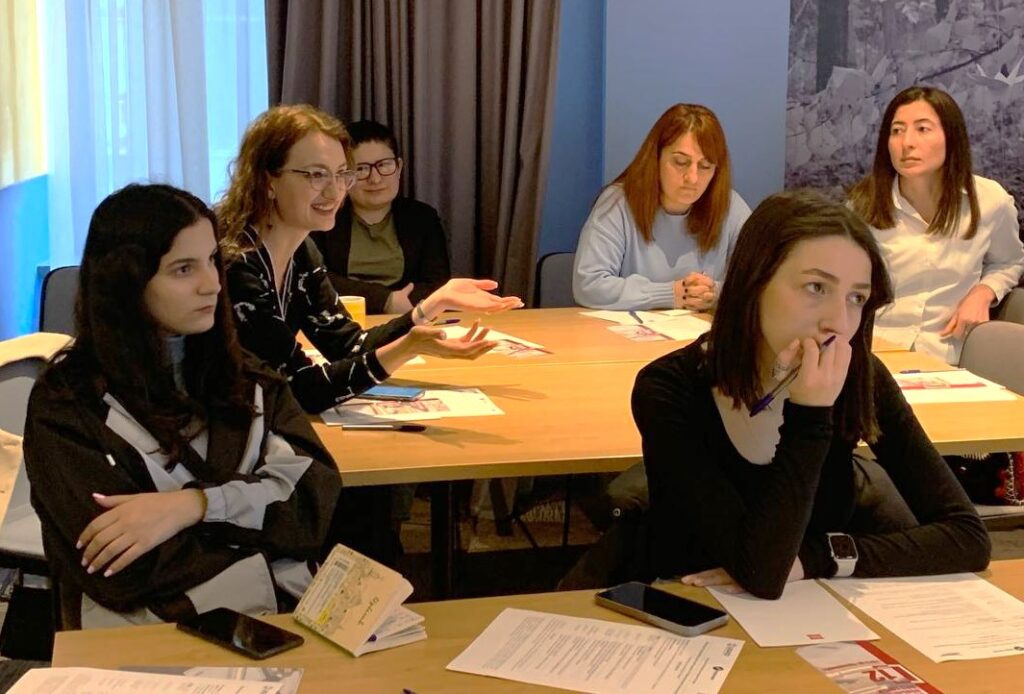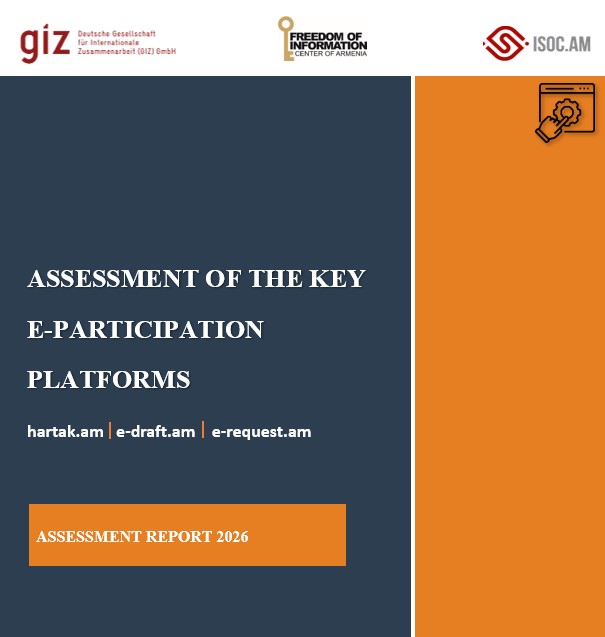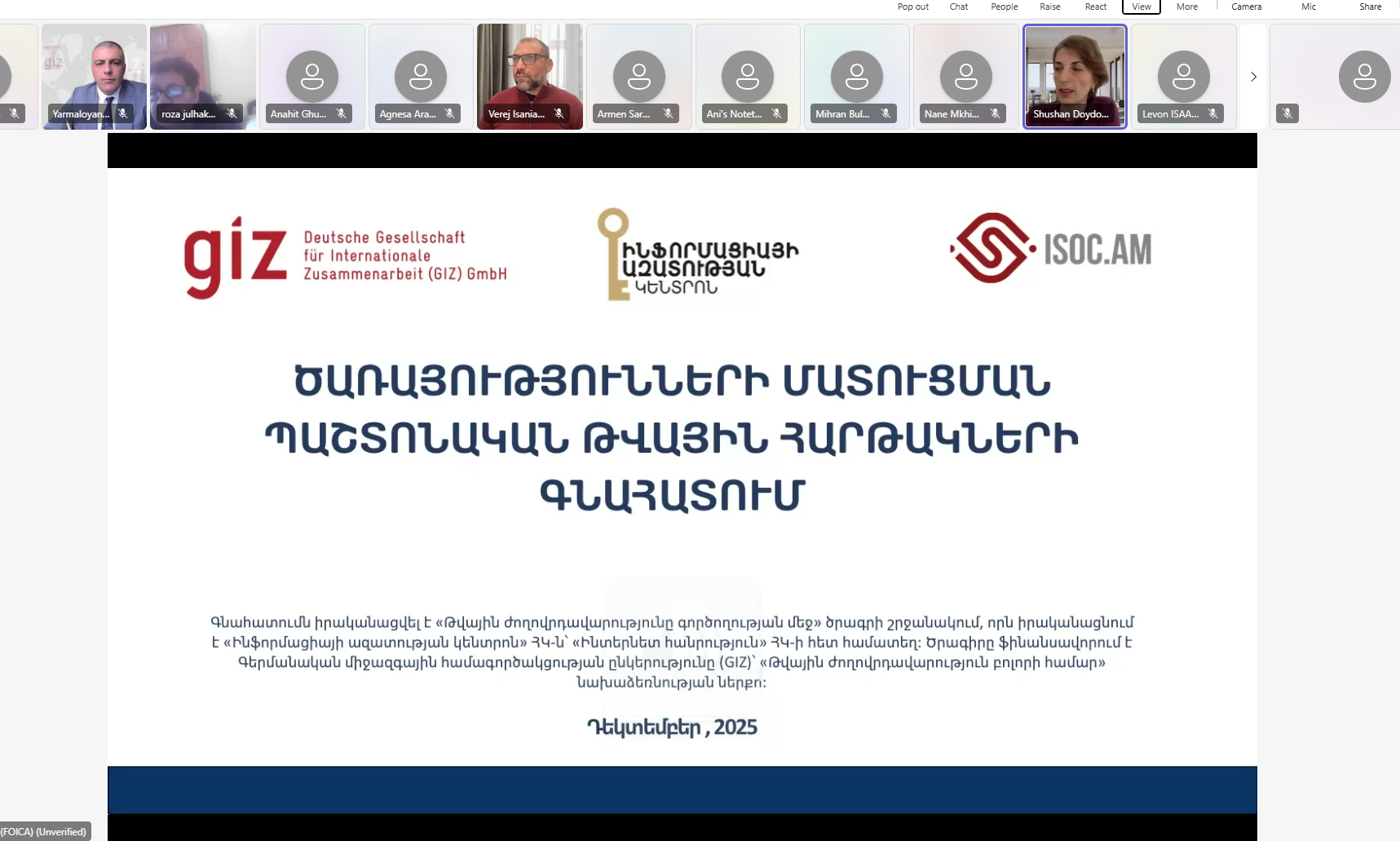On March 22 and 23, the Freedom of Information Center conducted two professional capacity-building courses for about 25 journalists.
During the first day’s session, FOICA expert Gevorg Hayrapetyan led a course on freedom of information and personal data protection. He provided examples of responses from state bodies to information requests and engaged journalists in discussions about their compliance with relevant legislation: how valid, reliable, and complete the received answers are, and in what terms they are provided.
Hayrapetyan highlighted that many requests sent by FOICA to state bodies in February were answered with delays and incomplete information. In particular, the answers received from the Ministry of Foreign Affairs and the Ministry of Education and Culture were discussed, which, according to the participants, were completely unfounded. Journalists also presented the cases encountered in their practice. The problems ranged from unsubstantiated responses to silent rejections, from incomplete one-sentence responses to requests containing multiple questions to responses with significant time violations.
Gevorg Hayrapetyan proposed several solutions. first, make requests for information clearly and as specific as possible. In this matter, the sample request form developed by FOICA can help. Then he presented in detail the appeal procedure defined by the FOI legislation. Mechanisms that can oblige the state bodies to respond to requests in the prescribed manner and within the time limit.
Thus. The violated right to receive information can be appealed.
- in order of precedence,
- Office of the Human Rights Defender,
- Personal Data Protection Agency,
- court.
The refusal to receive information can be appealed to the superior of the body that committed the violation. If the superior upholds the refusal, the citizen, as a next step, can apply to the human rights defender or directly to the court. By the way, you can apply to these bodies also without appealing in the order of superiority.
He also encouraged journalists to seek assistance from public organizations, including the Center for Freedom of Information.
The training also addressed concerns regarding using personal data in information requests, with Hayrapetyan underlining that personal data alone cannot justify the refusal to provide information.
Shushan Doydoyan, President of FOICA, joined the training online to discuss the requirements of the Council of Europe Convention on “Accessibility of Official Documents” and answer participants’ questions.
The following day they were focused on the transparency of beneficial owners, where journalists learned tools for monitoring beneficial ownership data. Ani Grigoryan, head of Civilnet’s fact-checking team, presented the register of declarations of beneficial owners in Armenia and shared examples of investigative journalism using open sources and tools provided by FOICA.
Participants explored various open sources and were recommended to use the Toolkit On Monitoring Beneficial Owners developed by FOICA.
In conclusion, Project Manager Liana Doydoyan informed journalists about FOICA’s offer of free consultations on these topics and encouraged them to contact experts for assistance with any encountered issues.
The capacity building training sessions were implemented by the FOICA with the generous support of the American people through the United States Agency for International Development (USAID). The contents are the responsibility of the FOICA, a sub-recipient of Internews Network, and do not necessarily reflect the views of USAID or the United States Government.








